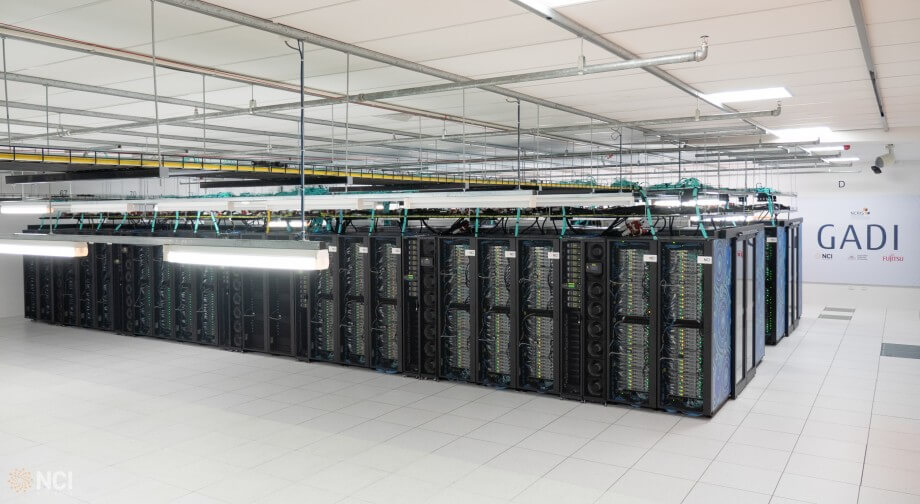Australia’s newest supercomputer Gadi, stationed in Canberra, has ranked number 25 in the global TOP500 overnight.
Gadi is located at National Computational Infrastructure (NCI) Australia within the Australian National University (ANU) and is named after the Ngunnawal word meaning ‘to search for’.
It was ranked in the TOP500 supercomputer ranking at the ISC High Performance Digital Conference on Monday night, 22 June.
NCI Australia is funded collaboratively by the ANU, the Commonwealth Scientific and Industrial Research Organisation (CSIRO), the Australian Bureau of Meteorology (BoM) and Geoscience Australia, all of which will use the supercomputer for their own research.
NCI Director, Professor Sean Smith, said the technology of this supercomputer would be beneficial to the company and its 5,000 users.
“The computational performance available on Gadi is unprecedented in Australia, enabling rapid response to national emergencies such as COVID-19 and bushfires that we could not have approached before,” he said.
“With Gadi now fully operational, these users will be able to perform their work faster, and with greater precision. Gadi is, quite simply, a critical foundational infrastructure for Australia and Australian research.”
The supercomputer will particularly be involved in research for the environment, with CSIRO planning to use the device to aid in its Decadal Climate Forecasting Project.
BoM Chief Scientist, Dr Gilbert Brunet, said the organisation would also be using Gadi for environmental research, focusing on data that will look to predict the path of a fire as well as the spread of smoke.
“The next generation of seamless prediction systems will make weather forecasts more locally relevant, more accurate and more useful for longer periods of time,” he said.
“The Gadi supercomputer will be used to support transitioning the experimental models to routine operation. Improvements such as those from the fire model and specific event case studies are used to better plan fire suppression operations, reduce risk to firefighters and assist the community in affected areas.”
ANU Vice-Chancellor, Professor Brian Schmidt, said he was pleased the supercomputer would aid researchers across several fields.
“Gadi will give researchers the tools to unlock the mysteries of the universe, predict and manage natural disasters, advance cancer research and design new materials for future technologies,” Professor Schmidt said.
For more news stories:



